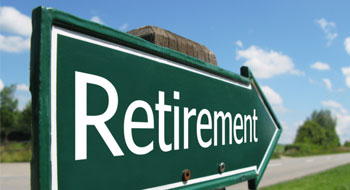

While participation in employer-provided 401(k) plans is strong among younger American workers, many workers in their 20s and 30s are not saving enough to take full advantage of their employer’s matching contributions—potentially leaving thousands of dollars on the table.
Aon Hewitt’s analysis of more than 3.5 million employees eligible for DC plans shows that while the average participation rate of young millennial workers (ages 20 to 29) is 73%—and slightly higher (77%) for older millennials (ages 30 to 39)—many are saving at a low rate. Nearly 40% of 20- to 29-year-olds and 31% of 30- to 39-year-olds are saving at a level that is below the company match threshold.
“Automatic enrollment has significantly improved participation in 401(k) plans for all employees over the past 10 years—but even more so for young workers,” says Rob Austin, director of retirement research at Aon Hewitt. “However, once they’re in the plan, young workers seem to fall victim to inertia with many continuing to save only at the default rate, or slightly above, and risking their long-term savings by not receiving the full employer matching contributions that are offered.”
Read: DC plan members want automatic increases
Leaving matching contributions on the table can cost young workers a significant amount of long-term savings. Consider a 25-year-old worker who makes US$30,000 annually and works for an employer that provides the typically company match—$1 for $1 up to 6%. If that 25-year-old starts saving the full match amount of 6% immediately upon employment and continues to do so until she reaches age 65, she’ll have more than US$950,000 saved in her 401(k).
If that same worker waits until age 30 to begin saving 6%, she will have less than US$715,000 saved at age 65. Five years of missed contributions will cost her $225,000 over her career. In order to make up the gap, she would need to increase her savings by four percentage points and start saving 10% of pay each year for the next 35 years.
Read: Millennials focused on saving for retirement
“For young workers, it may seem insignificant to increase 401(k) contributions by a few percentage points—particularly at a point in their career and life when they’re likely earning a smaller salary—but the long-term effects can be remarkable,” he says.
Employers can help millennials improve their financial outlook by encouraging them to save at least at the match threshold through targeted communications and online tools and resources, Austin suggests.
“To take it a step further, they can also increase the default contributions so that workers are saving at the match threshold immediately upon enrollment into the plan, or by offering automatic contribution escalation, which increases a worker’s contribution rate over time, he explains. “The bottom line is young workers need to save more, starting now.”
Read:
